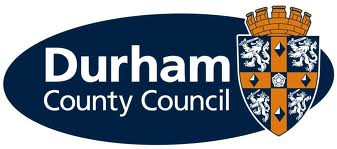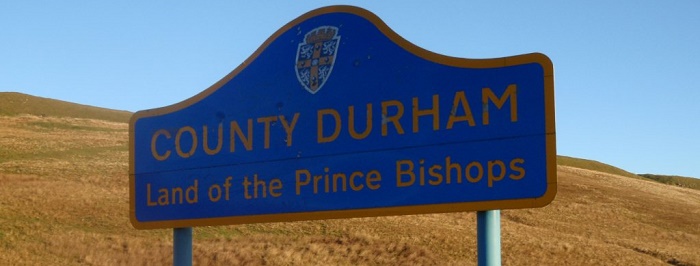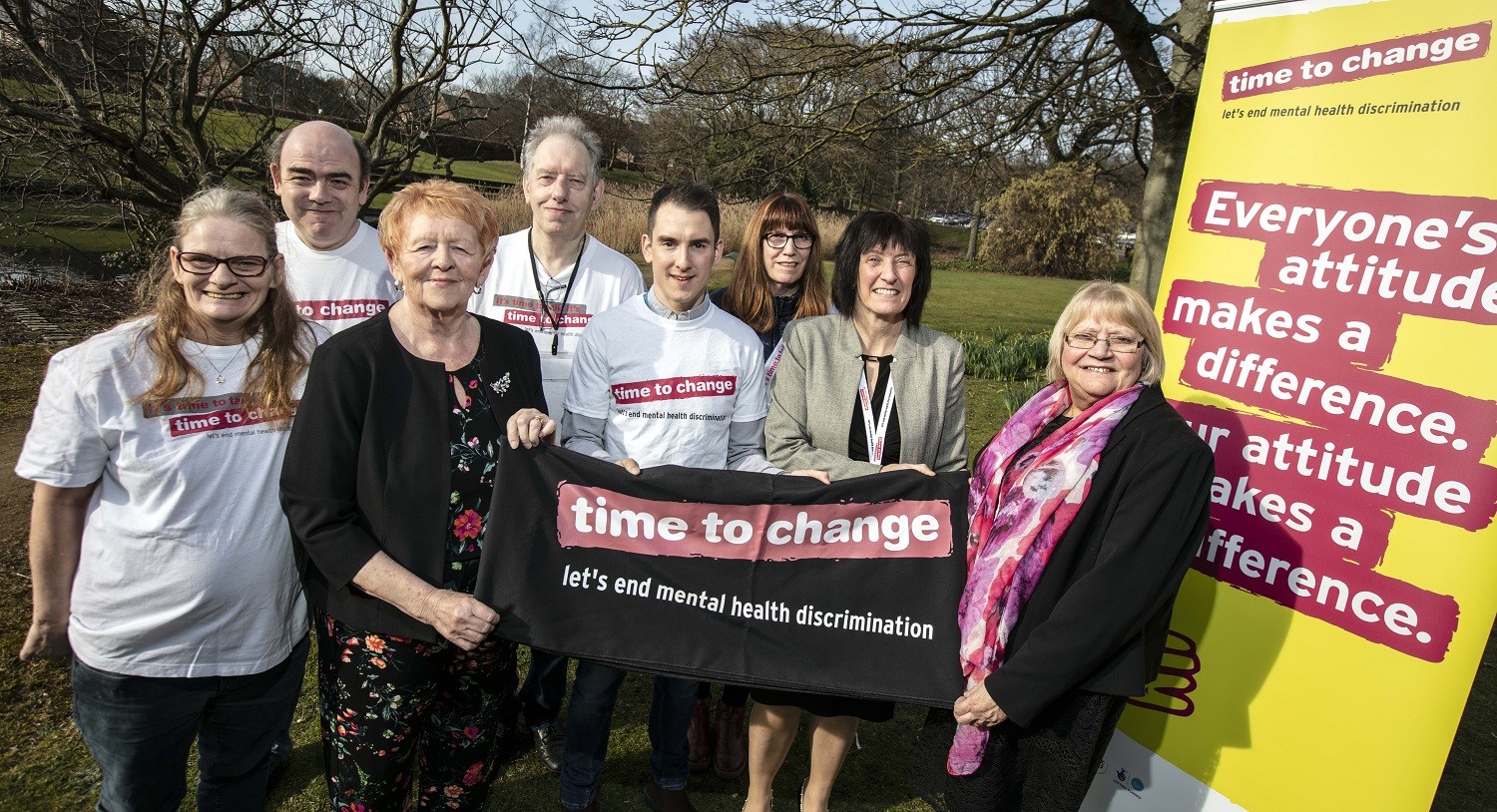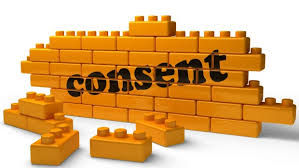A North East local authority looks set to continue to provide further support to financially vulnerable residents to help pay their council tax bills next year.
Durham County Council provides council tax discounts of up to 100 per cent to eligible households through its Local Council Tax Reduction Scheme (LCTRS) and is one of only a small number of authorities in the country to continue to offer this level of support.
On Wednesday, 17 November, the authority’s Cabinet will consider a report that outlines the significant impact the coronavirus pandemic has had on the LCTRS working age caseload in particular, which increased dramatically in the first quarter of 2020/21. The period saw an unprecedented number of new claims from working age customers adversely affected by the pandemic. At the peak in May 2020, the working age LCTRS caseload was almost 3,000 higher than in January 2020 and remains around 2,000 higher than pre-pandemic levels.
In March 2020, the Government announced a Covid 19 Hardship Fund, from which County Durham was allocated £6,964,443, to provide additional support to economically vulnerable people and households. The Government then announced further funding in November 2020 for the current year, of which Durham was awarded £7,043,299.
The council adopted a policy which provided an enhanced top-up scheme, offering additional reductions of up to £300 where a working age claimant was left with a bill to pay after their entitlement to LCTRS support was calculated. This was twice the level of support the majority of other councils were able to provide and was affordable in Durham as the council’s LCTRS does not have a minimum payment level. As a result 80 per cent of residents were already receiving 100 per cent LCTR and had no council tax to pay.
To ensure that the hardship funding was fully used to support the most vulnerable in the county, £2.4million of the grant received was set aside to supplement the council’s Welfare Assistance Scheme and through grants administered by its Area Action Partnerships, aimed at anti-poverty and community resilience measures.
It is estimated that by the end of 2021/22, after administering payments to support the reduction of council tax bills by up to £300 for working age residents receiving LCTR in 2020/21 and 2021/22, the council will have committed just over £8million of the funding from both allocations to support these payments.
The council’s Cabinet will this month be asked to utilise the balance of the Covid-19 Hardship Fund/Local Council Tax Support Grant to extend the support to vulnerable residents who are experiencing financial difficulty. This would involve continuing to make top up payments into 2022/23 and 2023/24 and making a maximum payment of £150 to eligible residents in receipt of Council Tax Reduction in 2022/23 and up to £75 in 2023/24.
The estimated cost of this would be £2.3million in 2022/23 and £1.2m for 2023/24.
Cllr Alan Shield, Cabinet member for equality and inclusion, said: “We know that many people are still struggling in the wake of the coronavirus pandemic which is why we are pleased to be able to put forward further support for those in need.
“We are mindful of the continuing detrimental impact that the pandemic is having on many low-income households and council tax in particular has a significant effect on household budgets.
“Our aim is to ensure that residents are aware of the support offered through the scheme and that we can also provide assistance to anyone who thinks they may be eligible, to progress a claim.”
Cabinet will meet at 9.30am on Wednesday 17 November. Members of the public can view the meeting on the council’s YouTube channel at www.youtube.com/DurhamCouncil
For further information and support in helping to pay council tax bills go to www.durham.gov.uk/counciltaxreduction










